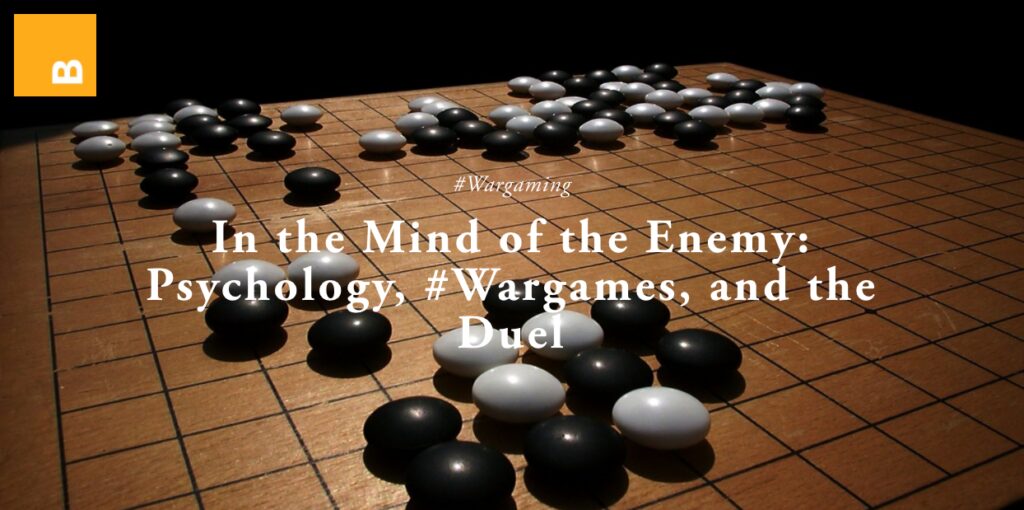Wargaming is a popular hobby that involves strategic thinking, planning, and decision-making. Players immerse themselves in detailed simulations of historical battles or hypothetical military scenarios, testing their skills against opponents or computer algorithms. The decision-making process in wargaming requires players to make complex decisions that involve weighing risks and rewards, anticipating opponent movements, and adapting to changing circumstances. Key skills that wargamers develop include risk assessment, anticipation, and adaptation. In addition to strategic thinking, wargaming also involves psychological factors such as emotional control and cognitive biases that can impact a player’s performance. Understanding the psychology of wargaming can provide valuable insights into how players navigate the complexities of the battlefield and strive for victory.
The Psychology of Wargaming
Wargaming is a popular hobby that involves strategic thinking, planning, and decision-making. Players immerse themselves in detailed simulations of historical battles or hypothetical military scenarios, testing their skills against opponents or computer algorithms. But what goes on inside the mind of a wargamer as they make crucial strategic decisions during a game?
Decision-Making Process
Wargaming requires players to make a series of complex decisions that can have a significant impact on the outcome of a game. These decisions often involve weighing risks and rewards, anticipating opponent movements, and adapting to changing circumstances. Players must carefully consider their options and choose the best course of action based on the information available to them.
Risk Assessment
One of the key skills that wargamers develop is the ability to assess and manage risk. Players must evaluate the potential consequences of different moves and strategies, considering factors such as the strength of their forces, the terrain of the battlefield, and the objectives of the game. By calculating the likelihood of success or failure for each option, players can make informed decisions that maximize their chances of victory.
Anticipation and Adaptation
Wargamers must also be able to anticipate their opponents’ actions and react accordingly. By analyzing their opponent’s tactics, strengths, and weaknesses, players can predict their next moves and plan their own strategies accordingly. However, as the game progresses and new information becomes available, players must be prepared to adapt their plans and make quick decisions in response to changing circumstances.
Psychological Factors
In addition to strategic thinking and decision-making skills, wargaming also involves a number of psychological factors that can influence a player’s behavior and performance. These factors can include emotions, biases, and cognitive processes that can impact a player’s ability to make effective decisions during a game.
Emotional Control
Wargamers often experience intense emotions during a game, such as excitement, frustration, or anxiety. These emotions can affect a player’s ability to think clearly and make rational decisions. To be successful, players must learn to control their emotions and remain focused on the task at hand, even in the face of setbacks or unexpected events.
Cognitive Biases
Players may also be prone to cognitive biases that can distort their perception of reality and lead to suboptimal decision-making. For example, players may fall victim to confirmation bias, seeking out information that confirms their preconceived notions and ignoring evidence that contradicts their beliefs. By being aware of these biases and actively seeking to overcome them, players can make more informed and effective decisions during a game.
Conclusion
Wargaming is a complex and challenging hobby that requires players to engage in strategic decision-making under pressure. By developing their decision-making skills, managing risk effectively, and controlling their emotions and biases, wargamers can improve their performance and enjoy greater success in their games. Understanding the psychology of wargaming can provide valuable insights into the minds of players as they navigate the complexities of the battlefield and strive for victory.
